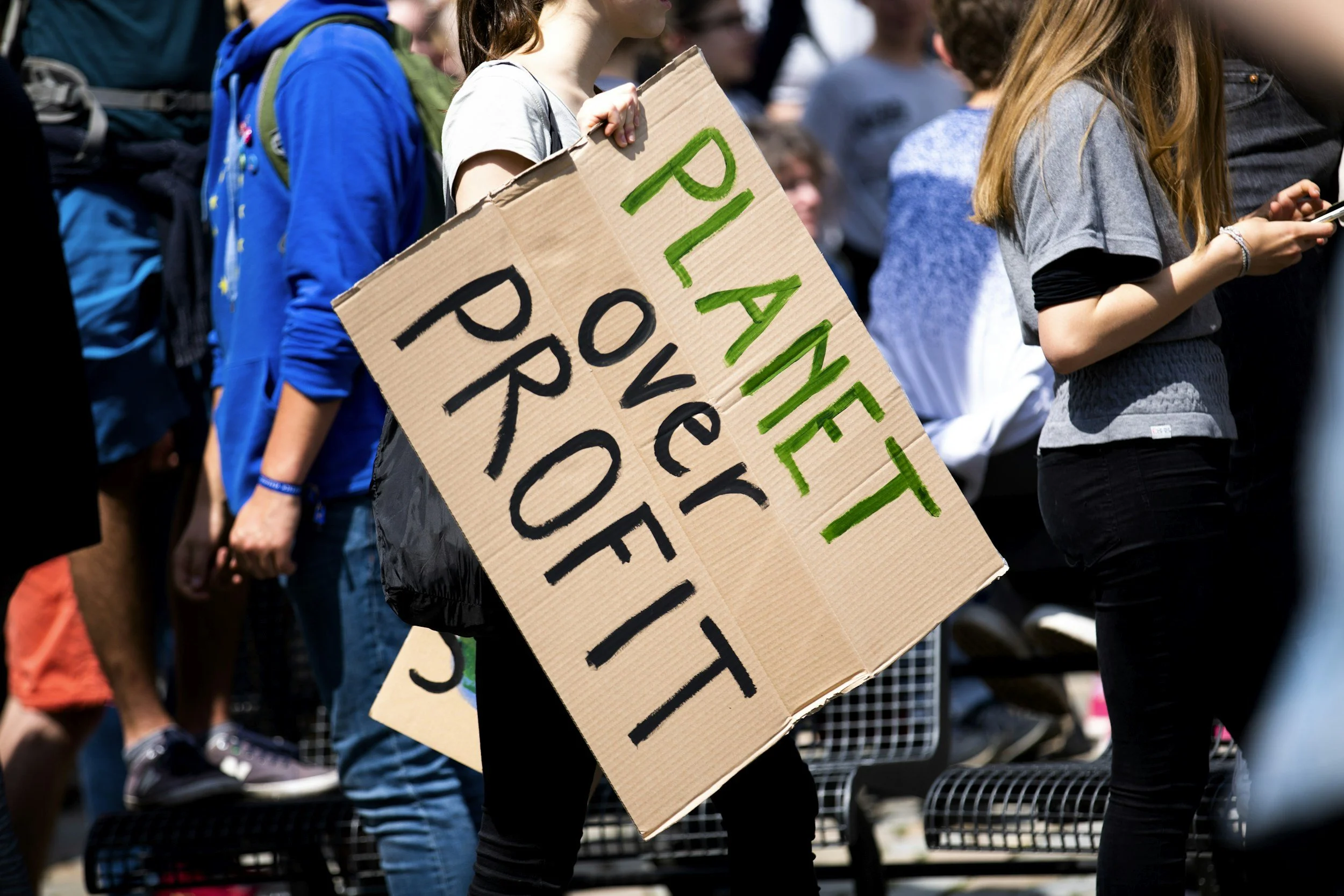MEPs aim to restrict the utilisation of carbon offsets to combat greenwashing
As worldwide apprehensions regarding the effects of climate change intensify, there has been a notable surge in consumer interest in patronising environmentally responsible businesses. This heightened consumer awareness, coupled with pressures from financial investors and various stakeholders, has compelled companies to adopt climate-conscious practices. Nevertheless, there exists a legitimate and increasing concern that some businesses may be overstating their environmentally friendly initiatives, a phenomenon commonly referred to as greenwashing.
Members of the European Parliament are poised to support stringent restrictions on the utilisation of carbon offsetting schemes this week, as they intensify the European Union's efforts against greenwashing. On February 14, 2024 the environment and internal market committees of the European Parliament will cast their votes on a proposed Green Claims Directive, which will delineate the specific requirements for companies to substantiate their environmental commitments.
In February, the European Union enacted the Directive on Empowering Consumers for the Green Transition, a legislative measure aimed at addressing green and climate-related assertions. This Directive prohibits the use of generic environmental claims unless they are substantiated by recognised superior environmental performance pertinent to the assertion. The legislation identifies several problematic terms, including “environmentally friendly,” “eco-friendly,” “green,” “nature’s friend,” “ecological,” “environmentally correct,” “climate friendly,” “gentle on the environment,” “carbon friendly,” “energy efficient,” “biodegradable,” “biobased,” and other similar expressions that imply or suggest exceptional environmental performance.
What has the EU declared?
On June 18, the Council of the European Union declared that it has finalised its stance on the Green Claims Directive. This new directive is an integral component of the broader strategy outlined in the European Green Deal, which seeks to combat greenwashing and assist consumers in making more environmentally friendly decisions. The position adopted by the Council provides a significant indication of the contents of the forthcoming directive; however, modifications are anticipated as negotiations commence.
The proposal from the EU executive mandates that companies demonstrate the high integrity and accurate accounting of their carbon offsets; however, Members of the European Parliament (MEPs) seek to enhance these requirements. As part of a cross-party agreement, lawmakers have determined that carbon credits should solely be utilised to address a company's residual emissions—those emissions that cannot be reduced through internal measures such as improving energy efficiency or transitioning to renewable energy sources.
According to the agreement reached in Parliament, offsetting programs must adhere to a new EU regulation concerning the certification of carbon removals, or they must receive approval from the Commission. This stipulation implies that companies will need to achieve a reduction in their emissions by 90-95% through internal initiatives, as noted by Otis, although some MEPs have allowed for a degree of flexibility regarding less stringent reductions by referencing "justified sectoral pathway variations."
What does the future hold?
In recent years, there has been a trend among corporations to commit to achieving net-zero carbon emissions, with notable companies such as IKEA, McDonald’s, and major oil and gas firms like Shell and Equinor pledging to reach this goal by 2050.
Amazon has established a more ambitious target, aiming for 2040, while Microsoft has announced its intention to become 'carbon negative' a decade earlier. However, according to Lindsay Otis, a policy expert at the Brussels-based non-profit organisation Carbon Market Watch, many of these commitments rely on offsetting strategies rather than actual reductions in emissions.
Last year, the organisation cautioned that multinational corporations are overly dependent on market-based solutions. In response, the European Commission has suggested that claims based on offsetting should be distinctly differentiated from the company's own carbon footprint information.
There has been a notable deficiency in the regulation of greenwashing. Nevertheless, the impetus provided by the Paris Agreement has catalysed the emergence of additional climate-related regulations, leading to a rise in legal advancements concerning greenwashing. This trend is particularly evident within the European Union, where a series of anti-greenwashing directives are currently progressing through the legislative framework.
Sources:
To find out more, please read here:



